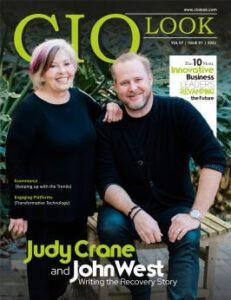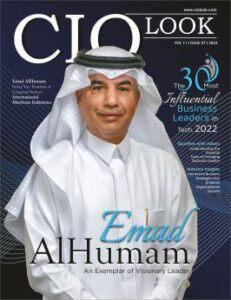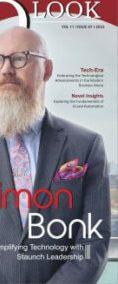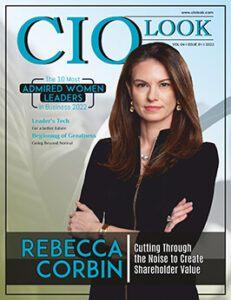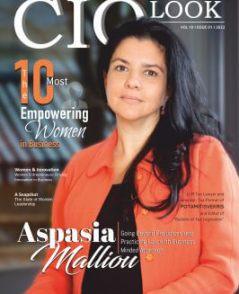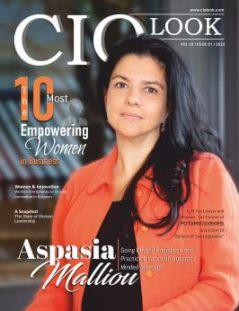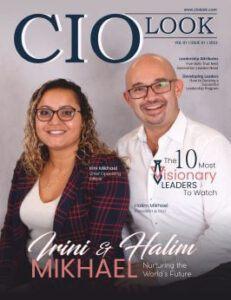
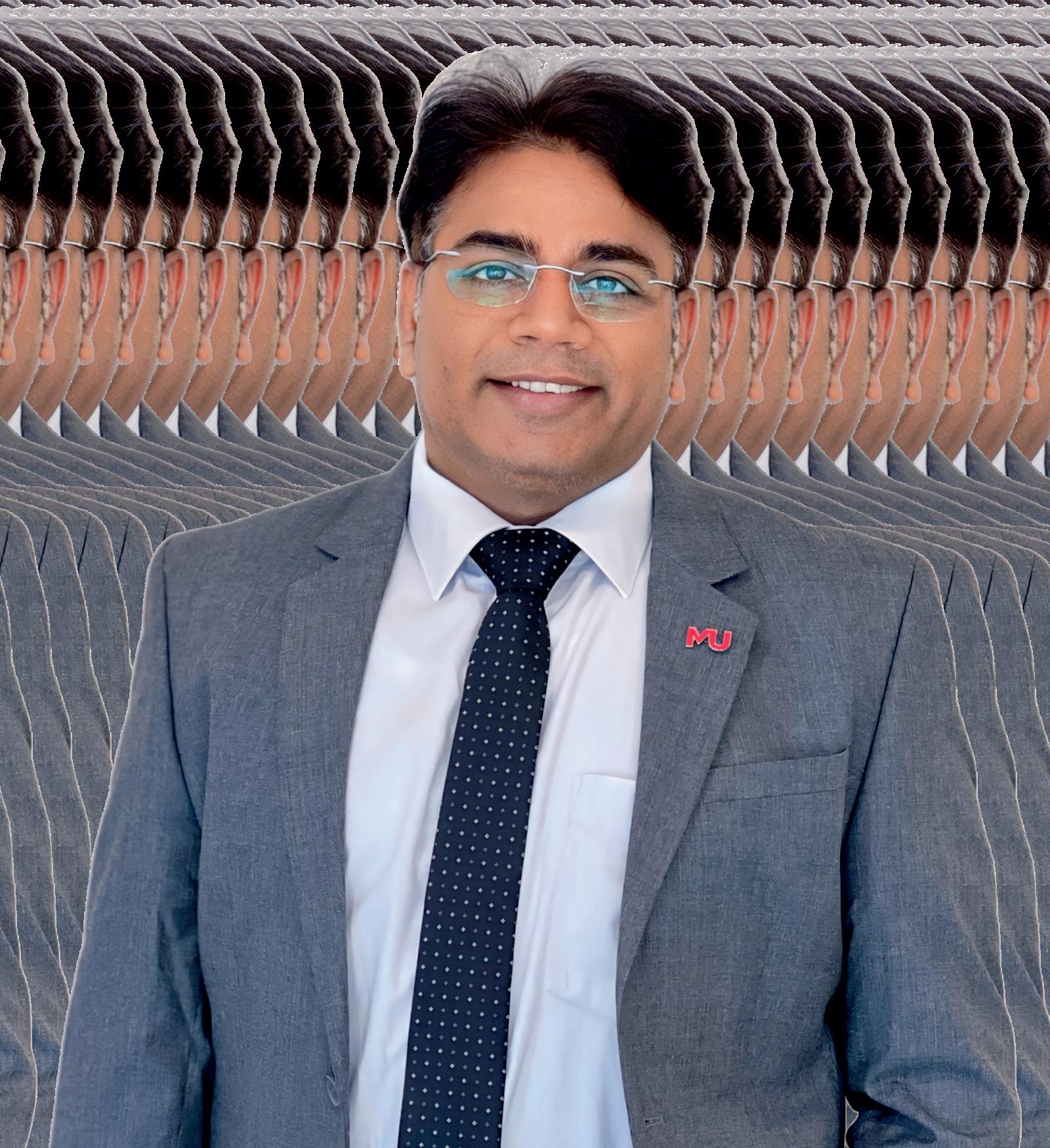
Professor Rajeev Varshney FRS Director, WA State Agricultural Biotechnology Centre, and Director, Centre for Crop and Food Innova�on Murdoch University Building a Sustainable Food



Professor Rajeev Varshney FRS Director, WA State Agricultural Biotechnology Centre, and Director, Centre for Crop and Food Innova�on Murdoch University Building a Sustainable Food
Successful CFOs are those who have the ability to inspire and motivate others, to build strong teams, and to lead by example.
- Cyril Ramaphosa







Aswenavigatethecomplexitiesof2025,theroleof
visionarybusinessleadersbecomesincreasingly pivotalinaddressingglobalchallenges.Among thesechallenges,ensuringfoodsecurityamidstclimate changestandsparamount.Oneexemplaryfigureleading thischargeisProfessorRajeevVarshney,whose innovativeworkinagriculturalgenomicsistransforming thelandscapeofsustainablefoodproduction.
ProfessorVarshneyservesastheDirectoroftheCentrefor CropandFoodInnovationandtheWesternAustralianState AgriculturalBiotechnologyCentreatMurdochUniversity HisjourneyfromBahjoi,UttarPradesh,India,tobecoming agloballyrecognizedagriculturalscientistisatestamentto hisunwaveringcommitmenttoenhancingcropresilience andproductivity.Motivatedbythechallengesfacedby smallholderfarmersinhishometown,hepursuedadvanced studiesinbotanyandagriculturalscience,culminatingina Ph.D.inAgriculturalBotany.Thisfoundationpropelled himintoacareerdedicatedtoleveraginggenomicsforcrop improvement.

AtMurdochUniversity,ProfessorVarshneycontinuesto spearheadinitiativesthatintegratecutting-edge technologiessuchasgeneediting,bioinformatics,and digitalagriculture.Byfosteringinterdisciplinary collaboration,heaimstocreatesustainablefoodsystems thatcanwithstandenvironmentalpressuresandmeetthe nutritionalneedsofagrowingglobalpopulation.
Inrecognitionofhisgroundbreakingcontributions, ProfessorVarshneyhasbeenelectedasaFellowofthe RoyalSociety,oneofthehighesthonorsinthescientific community.Hisworkexemplifieshowscientific innovation,whendrivenbycompassionandadeep understandingofon-the-groundchallenges,canleadto transformativesolutionsinglobalfoodsecurity
AswehighlighttheMostImpactfulBusinessLeadersto Followin2025,ProfessorRajeevVarshney'sdedicationto buildingasustainable,food-securefuturestandsasan inspirationandabeaconofprogressintheagricultural sector
Managing Editor


Why Agroforestry is a Viable Solution for Climate Change

Why Biodiversity is Key to Sustainable Agricultural Systems
Editor-in-Chief
CONTENT
Deputy Editor Anish Miller
Managing Editor Alaya Brown
DESIGN
Visualizer Dave Bates
Art & Design Director Davis Martin
Associate Designer Jameson Carl
SALES
Senior Sales Managers Wilson T., Hunter D.
Customer Success Manager Elvis S.
Sales Executives Tim, Smith
TECHNICAL
Technical Head Peter Hayden
Technical Consultant Victor Collins

FOLLOW US ON WE ARE ALSO AVAILABLE ON

Research Analyst Eric Smith
SEO Executive Alen Spencer
CONTACT US ON
Email info@ciolook com For Subscription www ciolook com
Copyright © 2025 CIOLOOK, All rights reserved. The content and images used in this magazine should not be reproduced or transmitted in any form or by any means, electronic, mechanical, photocopying, recording or otherwise, without prior permission from CIOLOOK. Reprint rights remain solely with CIOLOOK. www.facebook.com/ciolook www.x.com/ciolook
February,
Featured
DavidWilliams Director,Business Programs,PublicSafety
FionaAsonga ChiefExecutiveOfficer
Microsoft microsoft.com
TechnologyService ProvidersofKenya tespok.co.ke
LorenzoJooris CEO
Professor RajeevVarshney Director
WarrenWeiss Managing GeneralPartner
CreativeZone creativezone.ae
WAStateAgricultural BiotechnologyCentre,and CentreforCropand FoodInnovation MurdochUniversity
WestWaveCapital westwavecapital.com
Withdeepexpertiseintechnologyinnovation,digital transformation,andpublicsafetyoperations,Davidplaysa keyroleindevelopingandimplementingcutting-edge solutionsthatimprovesafety,efficiency,andresiliencein communitiesworldwide.
PassionateaboutKenya’sdigitalfuture,Fionais committedtocreatinganenablingenvironmentfortech businessesandpositioningthecountryasaleaderin connectivityandinnovation.
Lorenzocontinuestodriveinnovationandstrategic partnerships,makingbusinesssetupintheUAEmore seamlessandaccessible.
AstheDirectoroftheWAStateAgriculturalBiotechnology CentreandtheCentreforCropandFoodInnovation,Prof. Rajeevplaysapivotalroleinadvancingresearchand innovationtoimprovecropproductivity,sustainability,and foodsecurity.
Knownforhisstrategicvisionanddeepindustryexpertise, Warrenworkscloselywithfounderstohelpthemnavigate thechallengesofscalingtheirbusinesses.
Professor Rajeev Varshney FRS
Director, WA State Agricultural
Biotechnology Centre, and
Director, Centre for Crop and Food Innova�on
Murdoch University



Prof Varshney emphasizes the importance of determina�on, a clear vision of what you want to achieve, and perseverance to get there.

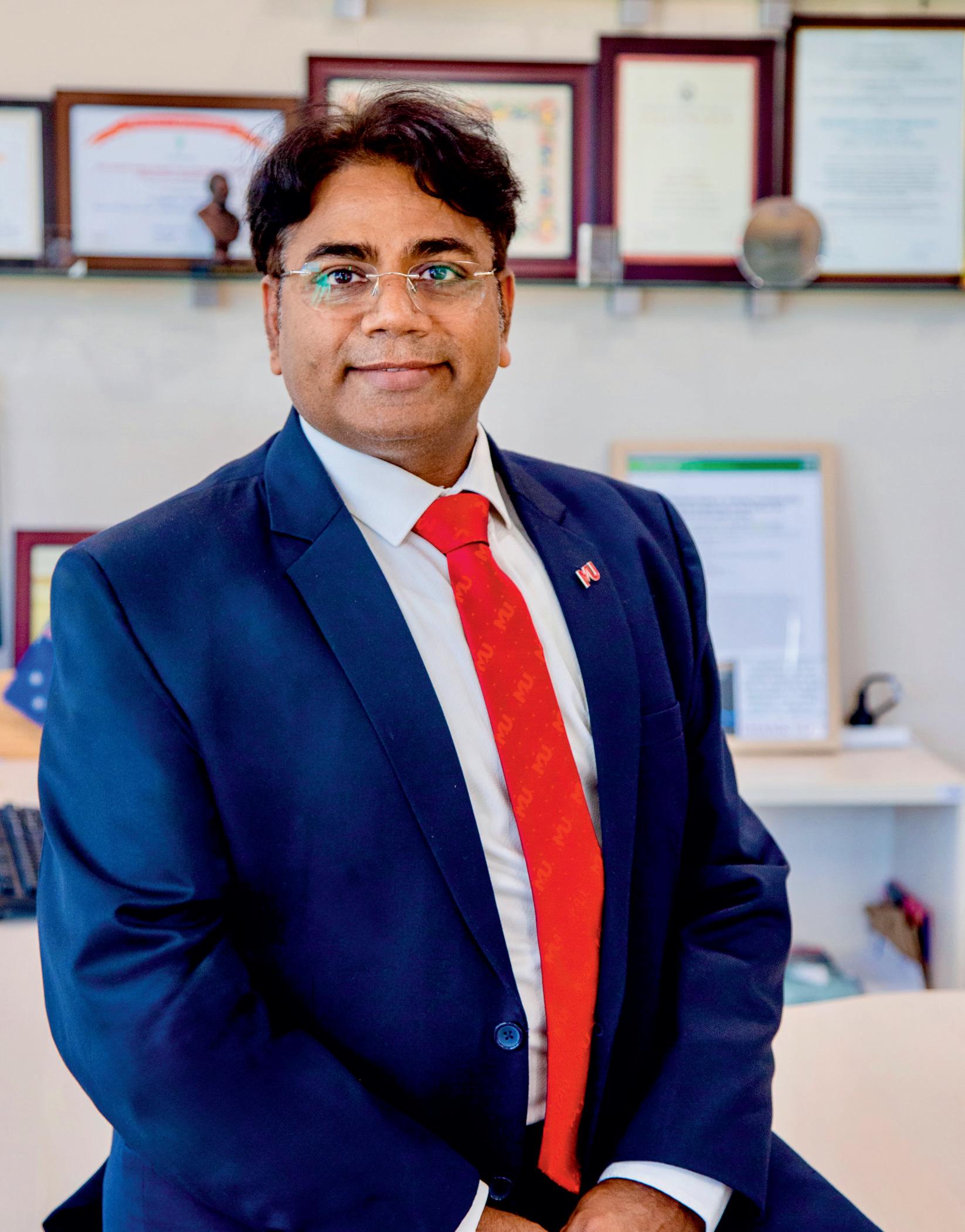
Prof Varshney’s dedica�on to agricultural science has been significantly shaped by influen�al mentors and pivotal experiences.

Visionary Leaders are Advancing Agricultural and Improving Food Security.
Inagriculture,wherethechallengesoffoodsecurity
andclimatechangearemajorconcerns,visionary leadersareessential.Theseindividualsnotonly navigatethecomplexitiesofagriculturalsciencebutalso inspireinnovationandresilienceamongcommunities reliantonfarming.
Theimpactofsuchleadersextendsbeyondacademic contributions;theyshapepolicies,driveresearch,and empowerfarmers,ensuringthatagricultureremains productive.Theirworkiscrucial,fromenhancingcrop yieldstodevelopingsustainablepracticesthatcan withstandenvironmentalpressures.
ProfessorRajeevVarshneyisattheforefrontof agriculturalresearchatMurdochUniversity,where,asa Director,heleadstheCentreforCropandFoodInnovation andtheWAStateAgriculturalBiotechnologyCentre.
Throughouthiscareer,hehasworkedtoimprovecrop outputandnutritionalvaluethroughgenomicsresearchand breedingprograms.Hisresearchhasmadesignificant
improvementstofoodsecurityindevelopingcountries, particularlyinAsiaandAfrica,bycreatingclimate-resilient cropvarietiesthatempowerfarmersandpromoteeffective agriculturalpractices.Nowhisresearchiscontributingto improveagricultureinAustralia.
ProfessorVarshneyseesabrightfuturefortheCentrefor CropandFoodInnovation(CCFI)andtheWestern AustralianStateAgriculturalBiotechnologyCentre (SABC)inAustralianandglobalagricultureindustry.
Let’s know more about his journey:
ProfessorRajeevVarshney:AJourneyinAgricultural Science
ProfessorRajeevVarshney,anagriculturalscientist, currentlyservesastheDirectoroftheCentreforCropand FoodInnovationandtheWAStateAgricultural BiotechnologyCentreatMurdochUniversity.Hispassion foragriculturalsciencewasignitedduringhischildhoodin Bahjoi,UttarPradesh,India,aregionknownforitsdense populationandagriculturalreliance.Initiallyareluctant student,hewasinspiredbytheresilienceofsmallholder farmerswhoworkedtirelesslytosupporttheirfamilies amidstchallengingconditions.
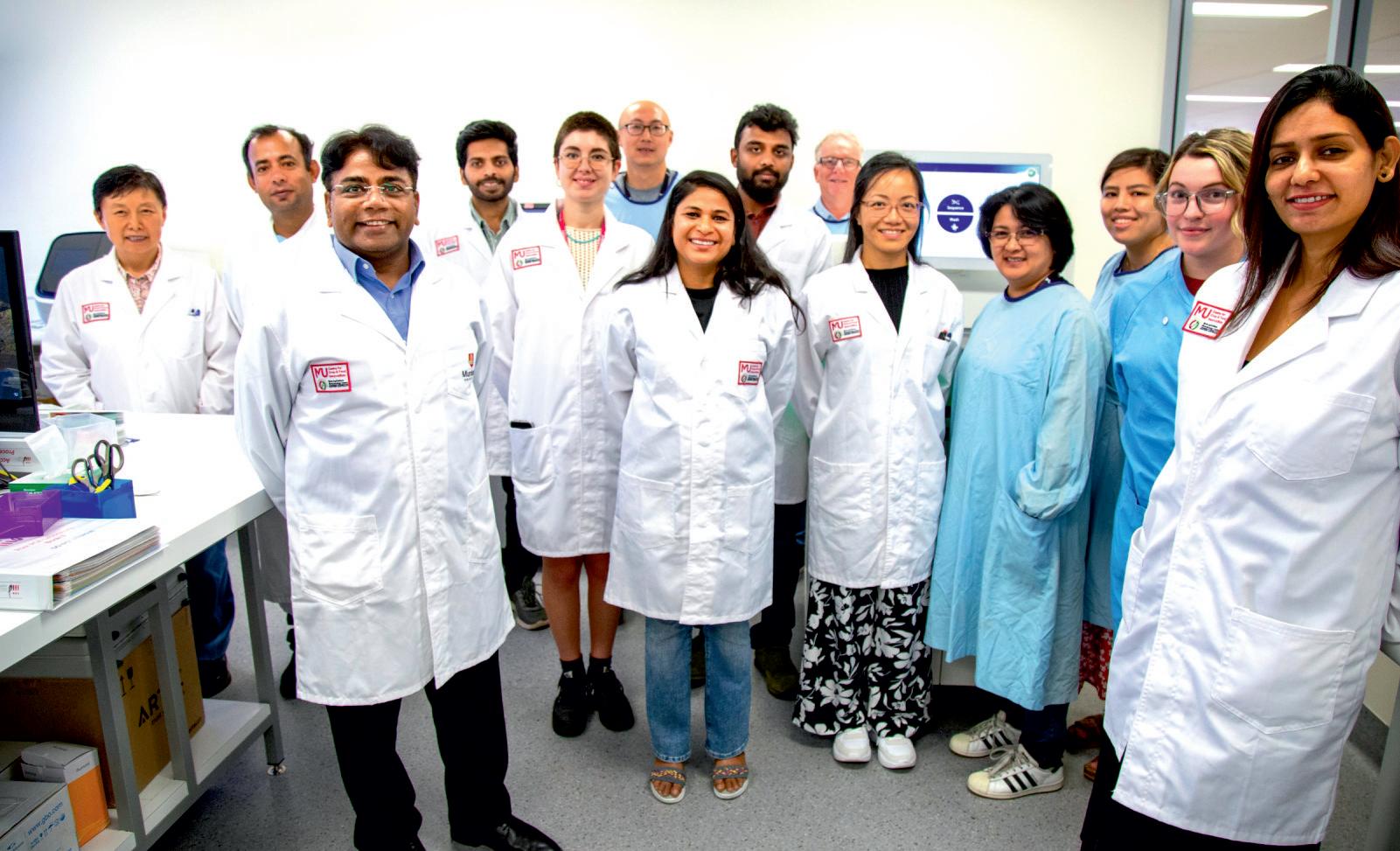
SomelaboratorymembersinApril2023
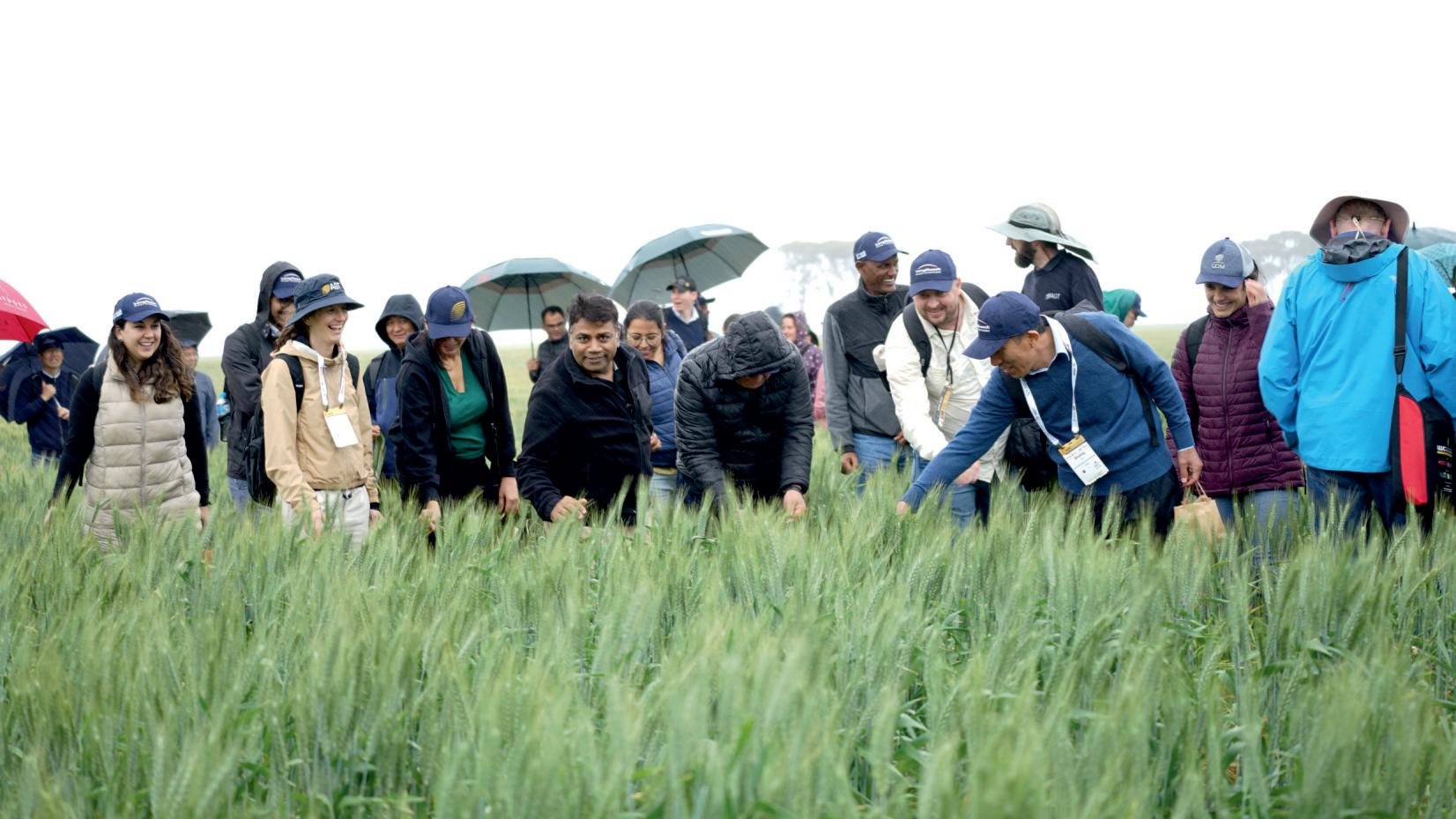
Recognizingthevitalroleofagricultureinhiscommunity, hepursuedadegreeinBotanyfromAligarhMuslim UniversityinIndia,eventuallyearningaPhDin AgriculturalBotanyfromCCSUniversityinMeerut,India. Hebelievesthatallfieldsofstudyareessential,buthis focusonagriculturestemsfromitssignificanceinproviding livelihoodsformillions.Throughouthiscareer,hehas dedicatedhimselftoimprovingagriculturaloutcomes throughgenomicresearchandbreedingprogramsaimedat enhancingcropyieldandnutritionalvalue.Hisearlierwork hasnotablyimpactedfoodsecurityindevelopingcountries, particularlyinAsiaandAfrica,wherehehascontributedto thedevelopmentofclimate-resilientcropvarieties.
MurdochUniversityhasestablisheditselfasaleading institutionforagriculturalsciencesoverthepast50years, reflectedinitsvariousdedicatedCentresandInstitutes. Recognizingthelimitationsofbiotechnologyresourcesin WesternAustraliaduringthe1990s,theWAGovernment,in collaborationwithTheUniversityofWesternAustraliaand MurdochUniversity,foundedtheWAStateAgricultural BiotechnologyCentre(SABC)in1992.
Thisinitiativeaimedtoprovidepublicandprivate organizationswithaccesstoemergingtechnologies, particularlyingenomicsandmolecularbiotechnology.Over threedecades,SABChassignificantlycontributedto

enhancingprimaryproductionincommercialcrops, livestock,andmicrobeswhilealsoadvancingbiosecurity andbiomedicalsciences.
FollowingSABC'ssuccess,theCentreforCropandFood Innovationwasestablishedtofocusontranslational research.ThisCentreaimstoempowerfarmersand promotesustainablefoodsystemsbyintegratingdiverse disciplinessuchasgenomics,geneediting,bioinformatics, anddigitalagriculture.
ProfessorVarshney’sdedicationtoagriculturalsciencehas beensignificantlyshapedbyinfluentialmentorsandpivotal experiences.Oneofthemostimpactfulmomentsoccurred in1999whenhemetProfessorM.S.SwaminathanatMS SwaminathanResearchFoundationasaPhDstudent.
WinningtheBestPosterawardandreceivingahandshake fromtheFatherofIndia’sGreenRevolutionlefthim inspired.Swaminathan'spassionforagricultureand commitmenttoimprovingthelivesoffarmersmotivated himtopursueasimilarpath.
Anothertransformativeexperiencewasattendingakeynote speechbyNobellaureateProfessorNormanBorlaugin 2003duringhistimeinGermany.Borlaug'schallengeto embracemodernbiotechnologytocombatglobalhunger


Prof Varshney seeks individuals who possess a genuine enthusiasm for knowledge and a desire to make a posi�ve impact on society.
ReceivingFellowshipofTheRoyalSociety,UKinJuly2023.

resonateddeeply,ignitingProfessorVarshney’s determinationtofocusongenomics-assistedbreeding.This commitmenthasdrivenhisresearcheffortstowards enhancingcropproductivityandaddressingfoodsecurity challenges,reflectinghisdedicationtomakingameaningful impactinagriculture.
Prof Varshney advises aspiring leaders in research to cul�vate a passion for their work.
TheCentreforCropandFoodInnovation(CCFI)andthe StateAgriculturalBiotechnologyCentre(SABC)are distinguishedbytheirinterdisciplinaryapproachto agriculturalscience.Researcherscollaborateacrossdiverse themes,includinggenomics,pre-breeding,nutrition,and foodquality,allowingforacomprehensiveunderstanding ofacrop'slifecycle.
Thisholisticperspectiveenablesthedevelopmentofhighqualityseedvarietiesthatareresilienttoheat,drought,and
pestswhileensuringthatthefinalproductsarenutritious andappealingtoconsumers.
Acentralfocusoftheirresearchisaddressingthe challengesposedbyclimatechange.CCFIandSABCaim tocreatenewcropvarietieswithhigheryieldsthat minimizeenvironmentalimpact.Theircommitmentto enhancingfarmerprofitabilitygoeshand-in-handwitha dedicationtosustainability,strivingtocombatglobalfood insecuritywithoutcompromisingthehealthoftheplanetfor futuregenerations.Thisintegratedapproachpositionsthem asleadersintheagriculturalresearchindustry
ProfessorVarshneyemphasizesthecrucialroleof technology Theorganizationutilizesadvancedgenomic predictiontechniques,analyzingvastamountsofgenomic andagronomicdatatogainacomprehensiveunderstanding ofcropplants.Thisapproachfacilitatesthedevelopmentof resilientcropvarietiesthatcanwithstandextreme temperatures,pests,anddiseaseswhileenhancingthe productivityandprofitabilityforfarmers.
ProfVarshneyestablished SABC'sAdvancedGenomics Platformin2022thatexpandsSABC’sresearch capabilities,enablingthesequencingofdiversecrop
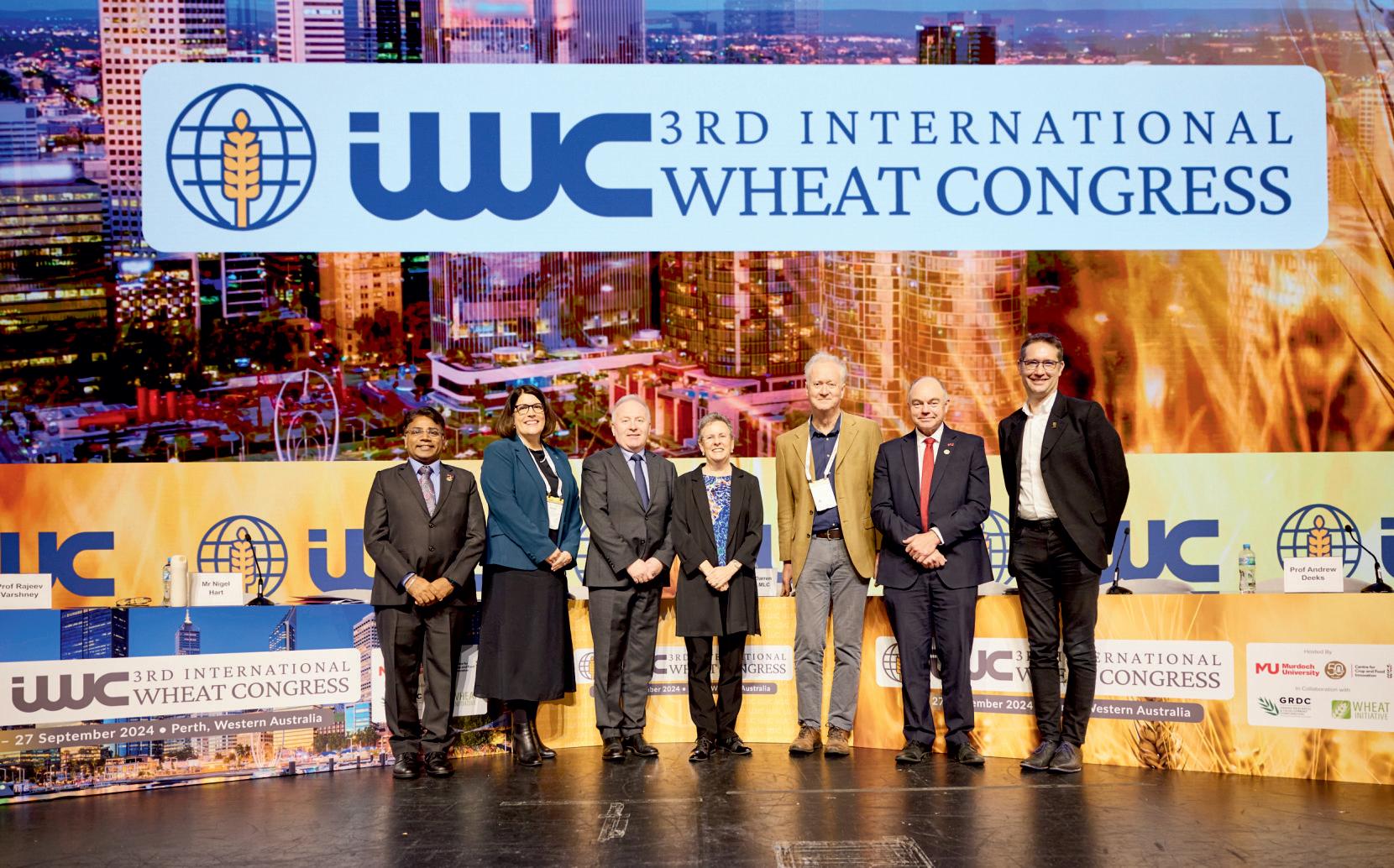
varietiesandlandraces.Bycreatinggeneticdiversity catalogsusingthisPlatformanddevelopingnewdatabases, researcherscanimplementartificialintelligenceand machinelearningmodelsthatcancontributetothe developmentofimprovedcropvarietiesandincreasedfarm productivity
ProfessorVarshneyidentifiesclimatechangeasthe foremostchallengeinagriculturalresearchandproduction. Withagrowingglobalpopulationdemandingfoodand agriculturecontributingsignificantlytogreenhousegas emissions,addressingbothissuessimultaneouslyiscritical. Thisconcernwasacentralthemeattherecent3rd InternationalWheatCongress,organizedbyProfVarshney inPerth,whichgatheredover950researchersand policymakersfrom52countries.
Theconsensusamongattendeeshighlightedclimatechange asasignificantobstacletosustainableagriculturalpractices andemphasizedtheimportanceofcollaborationwithinthe globalscientificcommunitytodevelopinnovativesolutions
thatcanensurefoodsecuritywhileminimizing environmentalimpact.
AsAustraliaexportsupto70%ofitsagriculturalproduce, ProfVarshneybelievesthatinsightsfromAustralian researchwillenhanceitsroleontheworldstage.By identifyingdesirabletraitsandcollaboratingwithbreeding companies,CCFIresearchsupportsthedevelopmentof superiorseedvarietiesthatenablefarmerstocultivatemore productiveandhigh-qualitycrops.
ThetoolsandtechnologiesdevelopedatCCFIcanbe appliedinternationally,contributingtoglobalfoodsecurity DrawingfromhisprevioussuccessatInternationalCrops ResearchInstitutefortheSemi-AridTropics(ICRISAT), whereheledthe"TropicalLegumesIII"projectfundedby theBillandMelindaGatesFoundation,hehighlightsthe impactofdevelopinghigh-yieldingcropvarieties.This initiativeresultedin266newlegumecropvarietiesand positivelyaffected23millionlivesin13countriesinAfrica, showcasingthepotentialfortransformativeagricultural advancementsinthefuture.

AttheInauguralSessionofthe3rdInternationalWheatCongress, thatheorganizedinWesternAustralia.
ProfessorVarshneyemphasizestheimportanceof continuousgrowthandlearningasvitalleadershipqualities indrivinginnovationwithintheagriculturalsector.He arguesthatworkinginsilosmayyieldsuccess,butoften resultsinlimitedoutcomes.
Leadersmustadoptabig-pictureperspective,identifying criticalneedsandgapsinresearchtofacilitatemeaningful change.Additionally,effectiveleadersshouldbalance listeningwithdecisiveaction,recognizingthatvaluable ideascanemergefromanysourcewhileremaining steadfastintheirconvictions.
ProfessorVarshney’sdepartmentatMurdochUniversityhas celebratedremarkableachievementsoverthepasttwo years,particularlyinthefieldofagriculturalgenomics.The teamhasmadesignificantstridesindecipheringthe pangenomesofseveralcrops,includingwheat,chickpea, andpeanut.
Recognizing the challenges of academia, Prof Varshney believes that passion is essen�al to prevent burnout and drive meaningful contribu�ons.
Thisgroundbreakingresearchhasunveiledcriticalinsights intothegenesresponsiblefordesirabletraitssuchastaste, yield,temperaturetolerance,andresistancetopestsand diseases.Theirfindingshavebeenpublishedinprestigious journalslikeNatureandNatureGenetics,underscoringthe impactoftheirwork.
Inadditiontohisresearchadvancements,ProfVarshneyhas organisednumerousglobaleventsandconferences,suchas rd the3 InternationalWheatCongress-consideredtobethe world'slargestgatheringofwheatexperts.In2024alone, eventshehasorganisedhavecollectivelybroughtover 1500researchers,policymakersandthoughtleadersto WesternAustralia.Thesegatheringshavepositionedthe WesternAustraliaasahubforresearchandinnovation,
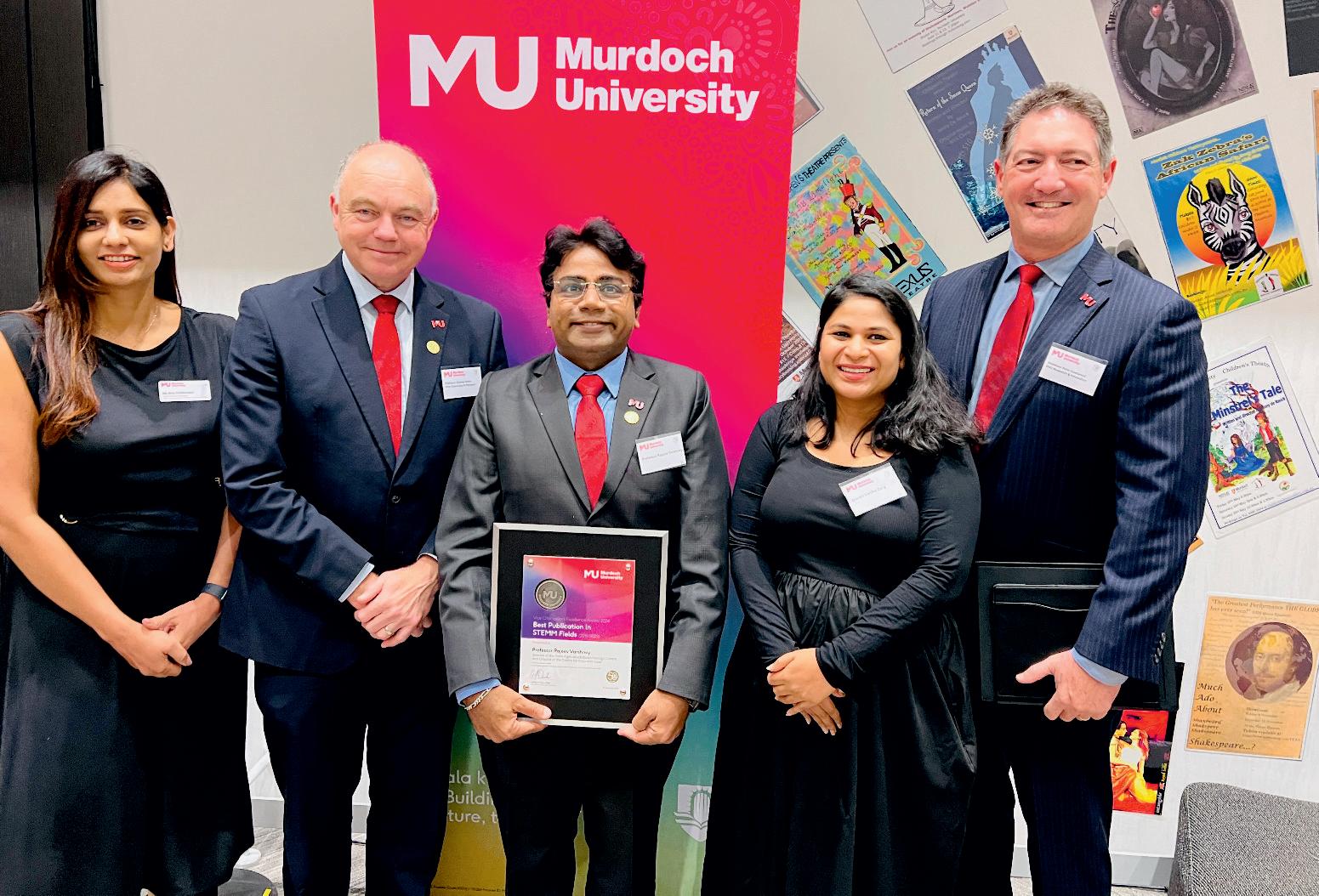
ProfRajeevVarshneyandhisteammemberswithViceChancellorProfAndrewDeeks,andDeputyVice Chancellor-ResearchProfPeterEastwoodonreceivingBestPublicationinSTEMMFieldsAwardunder the2024ViceChancellor'sExcellenceAwardsfortheirNaturepaper.
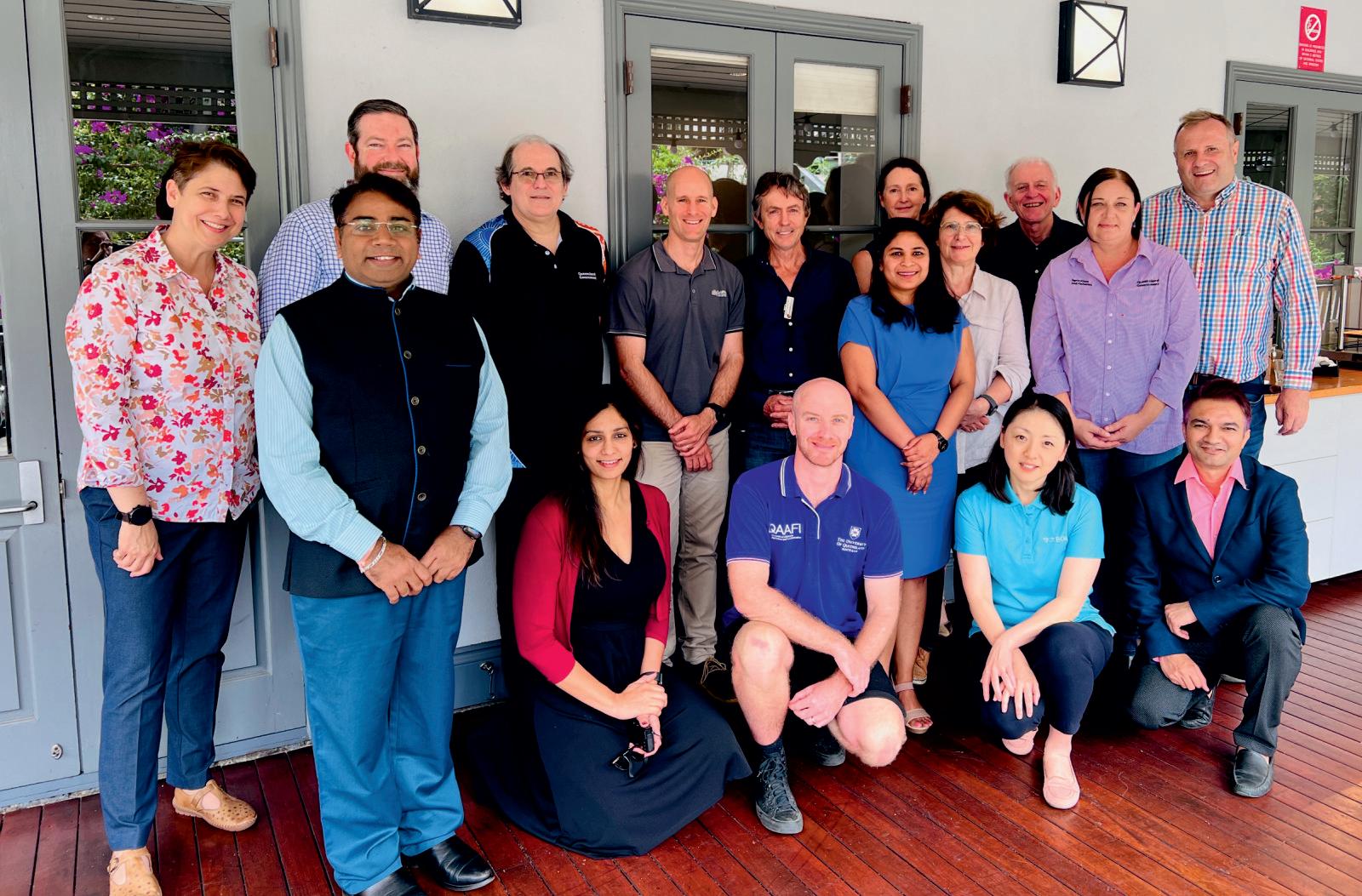
KeymembersofHortInnovationsponsoredHorticultural CropGenomicsproject,beingledbyProfVarshney.
fosteringcollaborativeopportunitieswithintheglobal scientificcommunity.
Onapersonalnote,hehighlightstwosignificant milestones.In2023,hewasinductedasaFellowofthe RoyalSociety,aprestigioushonorthatplaceshimamong eminentscholarsinagriculturalscience.Furthermore,he hasbeenrecognizedontheClarivateHighlyCited Researcherslistforthe11thconsecutiveyear,reflectinghis sustainedcontributionstohisfield.
CollaboratingwithindustrypartnerssuchasAustralian GrainTechnologiesandChickpeaBreedingAustralia,his teamisfocusedondevelopingwheatvarietieswith improvednitrogenuseefficiencyanddrought-tolerant chickpeas.
HeiscloselyworkingwiththeGrainsResearchand DevelopmentCorporationandHortInnovation,twoleading ResearchDevelopmentCorporationsofAustralia,onawide rangeofprojectsthatwillultimatelyofferimproved productivityandprofitforAustralianfarmers.
ProfessorVarshneyprioritizespassionwhenbuildingand nurturinghisteam.Heseeksindividualswhopossessa
genuineenthusiasmforknowledgeandadesiretomakea positiveimpactonsociety.Recognizingthechallengesof academia,hebelievesthatpassionisessentialinpreventing burnoutanddrivingmeaningfulcontributions.
ProfessorVarshneyacknowledgestheintensecompetition inacademia,particularlyforresearchgrants.While competitionfostersinnovation,heemphasizesthe importanceofcollaboration.Byworkingtogether,research institutionscanachievesuperiorresultsmoreefficientlyand cost-effectively,ultimatelybenefitingthescientific communityandadvancingcommonresearchgoals.
ProfessorVarshneyadvisesaspiringleadersinresearchto cultivateapassionfortheirwork.Heemphasizesthe importanceofdetermination,aclearvisionofwhatyou wanttoachieve,andperseverancetogetthere.Drawing fromhismother’swisdom,hebelievesthatwhile circumstancesofbirtharebeyondcontrol,hardworkand resiliencecanovercomeanychallenge.


,, ,, Wealth consists not in havinggreat possessions, but in having few wants.
- Epictetus
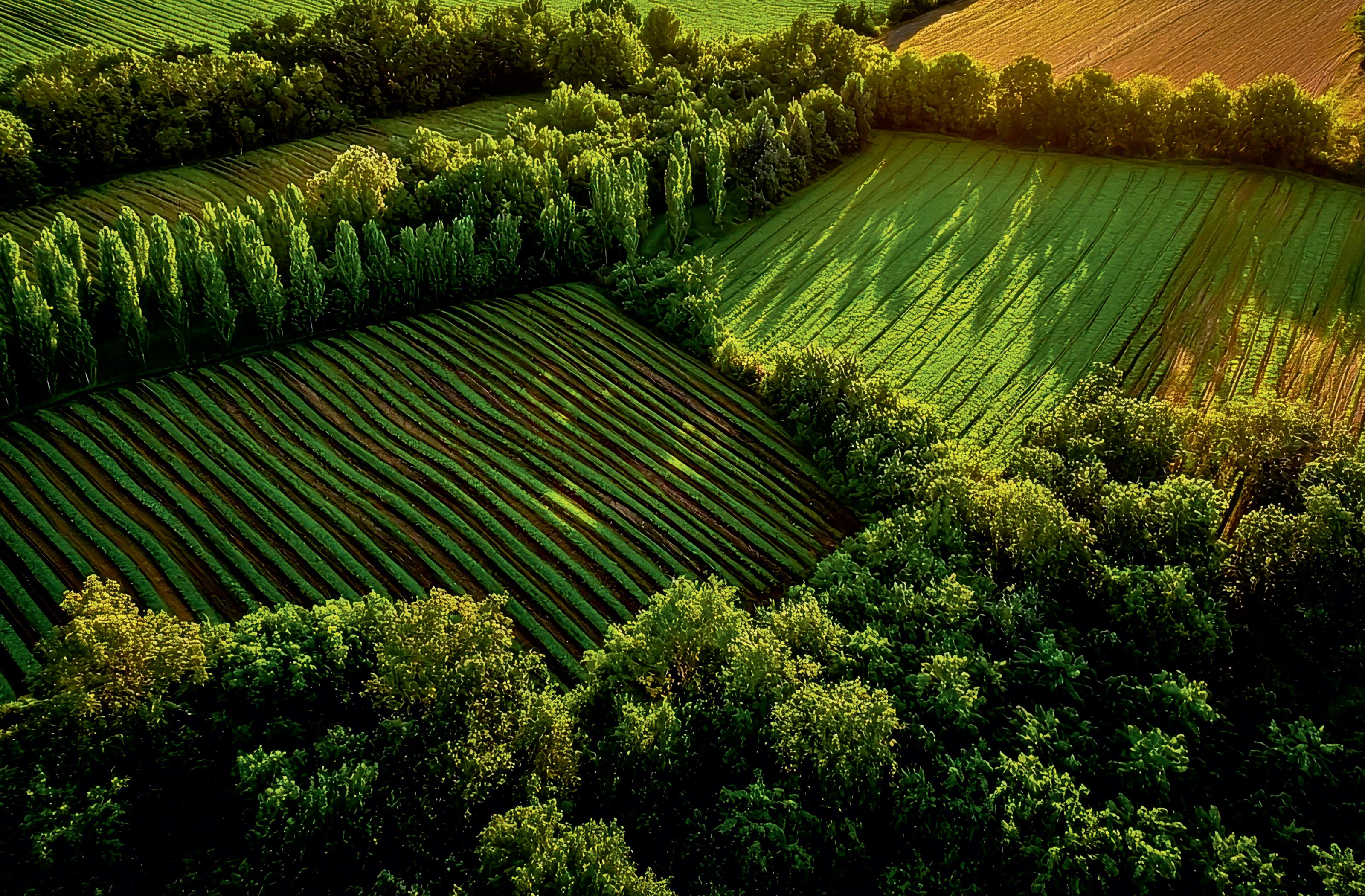

Climatechangeisamajorthreattohumanlife,
agriculture,andtheenvironmentworldwide. Increasedtemperature,alteredweatherpatterns, increasedweatherevents,andelevatedlevelsofcarbon dioxidehavefar-reachingimpactsonagricultural production,biodiversity,andwatersources.Agroforestry providesasustainablemechanismforclimatechange adaptationandmitigationtotheissues.
Agroforestry,orintermixingtrees,shrubs,andcropsin farms,harmonizesecologicalvaluesandsustainable agriculture.Agroforestry,byimitatingnature,increases carbonsequestration,soilhealth,waterholding,and biodiversity Agroforestry,agreenapproach,notonly generatesenvironmentalbenefitsbutalsoincreasesfarm productivityandruralwell-being.
Oneofthemostsignificantcontributionsagroforestryhasto carbondioxidesequestrationinthemitigationofglobal warmingisatmosphericcarbondioxidesequestration.Trees andshrubsarecarbonsinksthatabsorbCO₂during photosynthesisandstoreitintheirbiomassandsoil.
Thereisevidencethatagroforestrysystemscansequester2 to5tonsperhectareperyeardependingonthespecies used,location,andfarmpractice.Alleycropping, silvopasture,andforestfarmingaresomeinthetropical tropicsthathavebeenestimatedtohavesignificant potentialforcarbonsequestration.Agroforestrysystems alsohavethecapacitytostorecarbonforalongertime comparedtomonocultureplantations.
Soildegradationisoneofthemostimportantissuesof today'sagriculture,whichisbeingdrivenbyintensive cultivation,forestloss,andglobalwarming.Agroforestry improvesthesoilqualitybyvariousprocesses:
• AdditionofOrganicMatter:Leaflitterdecomposition contributesorganicmattertothesoil.
• BetterSoilStructure:Treerootsfragmentchannelsin thesoiltoenhanceaerationandwaterpercolation.
• WaterCycling:Treerootstaplowersoilnutrientsand releasenutrientsoncemoreonthesurfaceasleaffall.
Theseactivitiesincreasefertilityinsoils,improvewaterholdingcapacity,andreducetheapplicationofchemical fertilizers.Climate-changemitigationbycarbonsinksin healthysoilsisanaddedadvantage.
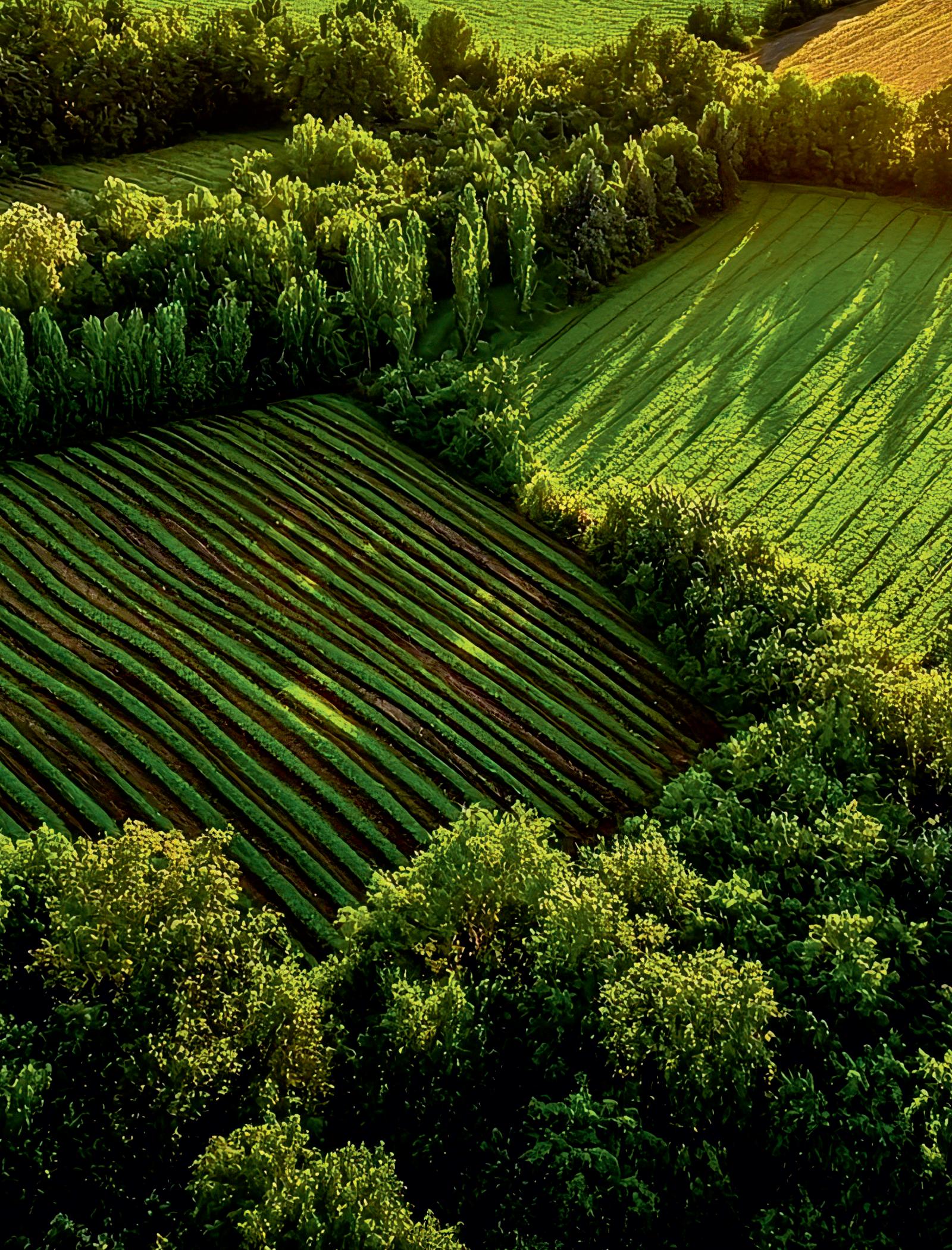
Waterscarcityisalsoincreasinglycausedbyrainfall variabilitypatterns,alongwithprolongedperiodsofdry spells.Waterconservingagroforestryisabletoattain through:
• Reductionofsurfacerunoffanderosionofsoilthrough rootactionoftrees.
• Permitsforhigherwaterentryintothegroundfor groundwaterbasinsrecharge.
• Microclimaticconditionsestablishmenttoreduce evaporationrateandincreasemoisturelevel.
Agroforestrysystemslikewaterwayriparianbuffersprotect waterbodiesagainstfarmwastesandalsomaintainwater quality.Farmingdrought-resistanttreespeciesinaridareas stabilizesfarmproductionandretainswaterresources.
Monoculturefarmingdecreasesbiodiversityandbreaks naturalprocesseswithinecosystems.Agroforestryincreases biodiversitybycreatingheterogeneousenvironmentsfor animalsandplants.Shrubsandtreesintroducepollinators, predatorpests,andotherbeneficialorganisms.
Thisincreasedbiodiversityincreasesecosystemresilience, enhancingpestcontrol,pollination,andnutrientcycling.
Shadecoffeeagroecosystemsinthetropicsincreasehigher birdandinsectdiversitycomparedtoopensunplantations. Biodiversityhastobesustainedinagroforestryforclimatic adaptationandstabilityinecosystems.
ReducingAgriculturalGreenhouseGasEmissions
Agricultureisoneoftheleadingsourcesofgreenhouse gases,i.e.,methane(CH₄)fromentericfermentationin ruminantlivestockandricecultivationandnitrousoxide (N₂O)duetofertilizeruse.Agroforestryhasthepotentialto lowersuchemissionsby:
• Growingnitrogen-fixingtreestominimizetheuseof syntheticfertilizers.
• Carbonsequestrationinsoilsandtreebiomass.
• Encouragingrotationalgrazingforsilvopasture systemswithhighanimalproductivitybutlowmethane emission.
Second,agroforestrysystemssuchasalleycroppingand forestfarmingincreasefarmdiversification,andthuslower theenvironmentalexpenseoffarmproduction.
Otherthanenvironmentalbenefits,agroforestryishighly beneficialeconomicallyandsociallytofarmers,particularly inclimaticchange-vulnerableareas.Farm diversification—e.g.,wood,fruits,nuts,medicinalplants, andlivestock—providesmultiplesourcesofincomefor farmers.Diversificationstabilizesagricultureeconomically andlowersitsrelianceonasinglecrop.
Besides,agroforestrysupportsruraldevelopmentthrough employmentinplanting,care,andprocessingofthe products.Poorandvulnerablecommunities,suchasthe indigenouspeoplesandwomen,whoareinvolveddirectly innaturalresourcemanagement,areenhancedthrough community-basedagroforestry.
InternationalagendasincludingtheUnitedNations FrameworkConventiononClimateChange(UNFCCC)and theParisAgreementidentifythepotentialofagroforestryto advanceclimateaction.Agroforestrycanbemainstreamed innationalNDCsforgreenhousegasemissionreduction andcarbonsinkdevelopment.
AFR100,andothersuchinitiatives,isworkingto rehabilitate100millionhectaresofagroforestryandother degradedforestlandby2030inthedecade.AsianandLatin Americanregionalprogrammesconfirmthatagroforestry remainscloselyassociatedwithclimaticresilienceissues globally
Agroforestryisapotentialnature-basedsolutiontoclimate changeprevention.Throughitsintegrationoftreesand crops,itstorescarbon,maintainssoilfertility,harvests rainwater,andpreservesbiodiversity.Initsdiversityand multi-functionality,itisalogicaladaptationandmitigation measuretoclimatechange.
Torealizethefullpotentialofagroforestry,stakeholders needtoovercomethecurrentconstraints,investintraining andresearch,andimplementfacilitativepolicies.Because oftheincreasingglobalclimatecrisis,embracinggreen technologiessuchasagroforestryisnolongeranoptionbut asurvivaladaptationforthepurposeoffoodproduction, environmentalequilibrium,andlivelihoodforcommunities.







Biodiversitywillhavearoletoplayinensuringthe
resilience,productivity,andsustainabilityofagricultural productionsystemsnaturally.Biodiversityisdiversityin formsoflifeonearth,fromplantandanimalspecies,downto fungiandmicroorganisms,andtheecosystemsthattheyform. Biodiversityoccursinagricultureatdifferentlevelsfrom geneticdiversityofcropsallthewayuptothelevelofspecies diversityintheecosystemandlandscapethatcontainsand sustainsfoodproduction.
Withtheincreasingworldpopulation,foodincreases.However, withclimaticchange,landdegradation,andunproductive farmingthreateningfarmproductivity,naturecomesupwitha naturalsolution.Withbiodiversityprotectedandincorporated intofarmingsystems,itpresentsasolutiontotheseissues.It maintainsnecessaryecosystemservicessuchassoilfertility, pestmanagement,pollination,andwatercyclingintactsothat farmingsystemscanadaptandsurviveinfluctuatingconditions.
Soilhealthisthefoundationofsustainableagriculture,and biodiversityiscriticaltoitsmaintenance.Anequilibriumofsoil organismdiversity—e.g.,bacteria,fungi,earthworms,and insects—iswhatmaintainsnutrientcycling,organicmatter decomposition,andsoilstructuredevelopment.Thesefunctions constructthefertilityandwater-holdingcapacityofthesoil,and rendercropsflood-anddrought-resistant.
Forinstance,mycorrhizalfungiarefoundinsymbiotic associationwithplantroots,increasingtheirwaterandnutrient horizon.Theplantprovidesthefunguswithcarbohydratesin return.Suchformsofinteractionimprovenutrient,particularly phosphorus,uptakeandplanthealthwithouttheuseofchemical fertilizers.
Pollinatorslikebees,butterflies,birds,andbatsarecriticalfor thepollinationprocessofmostcrops.Approximately75%of globalfoodcropsdependtosomeextentonanimalpollination. Biodiversityensuresassuranceofhealthydiversityofpollinator communities,enhancingcropyieldsandquality.
Yet,thereductioninpollinatorpopulationscausedbyhabitat loss,pesticides,andglobalwarmingposethreatstocrop production.Conservationofnaturalhabitats,theplantingof floweringplantspeciesofvarioustypes,andminimizingtheuse ofpesticideswillcreatevarietyforthepollinators.Therefore, theprocessensuresqualityandassuredpollinationofcrops.
Monoculturefarming,inwhichonecropisgrownacross largeareasofland,disruptsnaturalpredator-prey relationshipsandmakesfieldsopentopestattack.Diversity keepsnaturalpest-suppressionmechanismsinthefield throughcausingadiversecomplexofpredatoryinsects, birds,andotherwildlife,whichattackpests.
Forexample,ladybeetlesandlacewingsconsumeaphids, whileparasiticwaspstargetcrop-damagingcaterpillars. Farmerscanreducetheapplicationofchemicalpesticides byencouraginghabitatdiversitythroughcovercropping, hedgerowplanting,andintercropping.Thisnotonly protectsbeneficialorganismsbutalsoreducesrisksof pesticideresistanceandenvironmentalcontamination.
Geneticvariabilityincropplantsisanorganicinsurancefor weatherstresses.Cropvarietieshavedifferenttraitsthat accumulatediseaseresistance,pests,drought,and temperaturestressesresistance.Forexample,somerice cropsaretolerantoffloodswhileothersaredroughttolerant.
Climatechangeintroducesunusualweatherpatternsand higherfrequencyandintensityofweatherevents.Through geneticdiversity,breedershavetheabilitytocrossstressenduringcropspeciesthatcanreadjusttochanged conditions.Nativeandtraditionaltypesofcropsthatare usuallydownplayedinthepresentagricultureexhibit valuablecharacteristicswhichbecomevitaltofutureagroenvironments.
Biodiversityhasavitalroletoplayinwatercontroland qualitywithincroppingsystems.Forests,wetlands,and grasslandsnaturallyfilterwater,holdingsedimentsand contaminantsbackfromrunoffpriortowaterenteringwater courses.Additionally,rootdiversityincropsenhancesthe structureofsoil,restrictingerosionandfacilitating infiltrationofwater.
Agroforestryinvolvingtreesplantedtogetherwithcropsor animalsisafamiliarillustrationofbiodiversity'srolein watermanagement.Rootsofthetreesanchorthesoil, reducesurfacerunoff,andassistinmaintainingmoisture, especiallyindryandsemi-dryregions.Thesesystems emulatenatureandbestowwaterscarcityresilience.
Besidestheenvironmentaladvantage,biodiversityonthe farmcreatesvitaleconomicandsocialadvantages. croppingsystemsthatarebasedondiversityyielddifferent sourcesofincomeandthusthefarmer'srelianceonone commodityishindered.Forinstance,thefruittreeorthe medicinalplantplantedintheconventionalcropping systemcanbeasecondarysourceofincome.


Biodiversity,ontheotherhand,enhancesfoodsecurityby offeringacertainandvariedfoodsupply.Diversedietswith increasedfruit,vegetable,legume,andcerealintakeresult ingoodnutritionandbetterhealth.Secondly conservationisconsistentwithtraditionalfarmingpractices andidentityinmostregionsandofferstheprospectof communityidentityandresilience.

Althoughnecessary,agriculturalbiodiversityisthreatened byarangeoffactors.Intensiveagriculture,deforestation, overgrazing,andoveruseofchemicalsruinhabitatsand reducespeciesdiversity.Policyloopholes,lowawareness levels,andmarketforcesfurthercomplicatebiodiversity conservation.
Amulti-facetedapproachmustbeusedtocombatthese challenges:


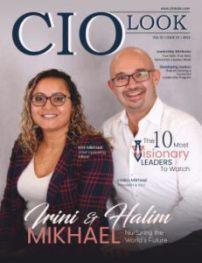


1.AdoptionofAgroecologicalPractices:Croprotation, intercropping,agroforestry,andconservationtillage increasebiodiversitywithoutsacrificingproductivity
2.PolicyandIncentives:Policymakerscanenactpolicies favoringbiodiversity-friendlyagricultureandoffer incentivesforresearchonsustainableagriculture.
3.CommunityEngagementandEducation:Policymakers, farmers,andconsumerscanbeeducatedregardingthe necessityofbiodiversityinagriculturetoinitiateactionat thelocallevel.
4.InternationalCooperation:Internationalcooperation, whichisbeingsoughtbytheFoodandAgriculture Organization(FAO)andtheConventiononBiological Diversity(CBD)andothers,mustcontinuetopromote sustainableagricultureintheworld.





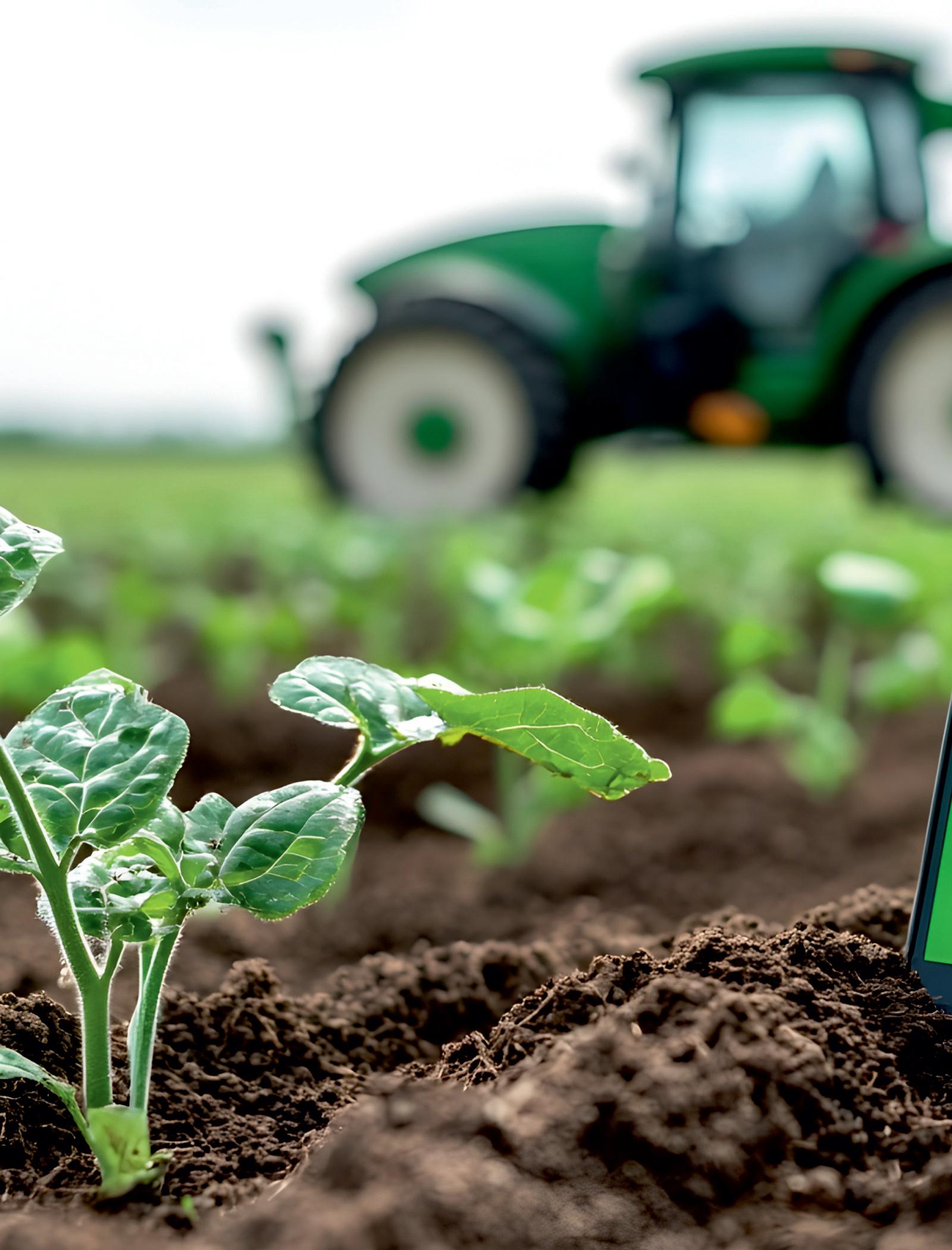







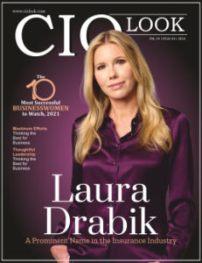














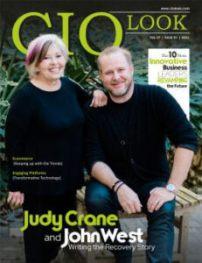











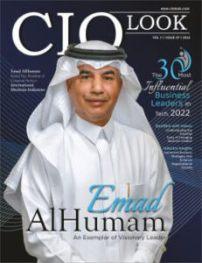















































Leadership is the capacity to translate vision into reality.
- Warren Bennis







